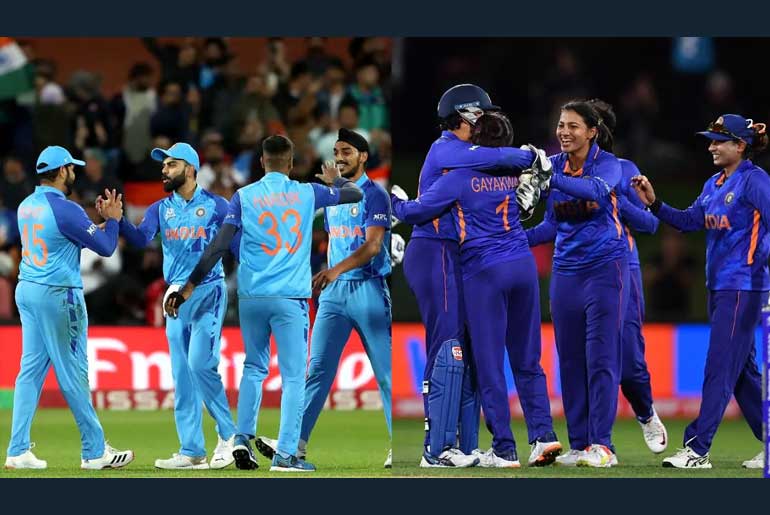The International Cricket Council (ICC) has indeed declared that men’s and women’s teams will receive equal prize money at ICC events. This decision was made during the ICC Annual Conference, and it signifies a significant step towards achieving prize money parity by 2030, which is well ahead of the original timeline.
The new policy ensures that teams will be awarded equal prize money for similar positions at comparable events and for match victories. Greg Barclay, the ICC Chair, expressed his delight at this historic moment, emphasizing that it reinforces cricket as a sport for all and recognizes every player’s contribution equally. He also noted that the ICC has been steadily increasing the prize money at women’s events since 2017 with the goal of achieving equal prize money.
Furthermore, the ICC Board has confirmed the largest-ever investment in the sport, with enhanced funding for every ICC member. This investment is made possible due to the success of the ICC’s media rights and commercial program for the upcoming four-year cycle. The ICC plans to utilize this investment to drive growth, engage more players and fans, and enhance competitiveness in cricket. A strategic investment fund will be dedicated to global growth initiatives aligned with the ICC Global Growth Strategy.
The ICC Board has also approved changes to ICC Sanctioning Regulations to support members in creating sustainable revenue streams and developing the game while safeguarding the integrity and welfare of participants. Additionally, the Chief Executives’ Committee has approved changes to over-rate sanctions in Test cricket. Players will now be fined 5% of their match fee for each over-overtime, up to a maximum of 50%. However, if a team is bowled out before the new ball is due at 80 overs, no over-rate penalty will be applied, even if there is a slow over rate. This change replaces the previous 60-over threshold.
Sourav Ganguly, from the ICC Men’s Cricket Committee, has stated that the ICC World Test Championship has revitalized Test cricket by providing compelling context. He believes that the new amendment strikes a balance between maintaining over-rates and ensuring players are not discouraged from playing Test cricket.
Disclaimer:
The information contained in this article is for educational and informational purposes only and is not intended as a health advice. We would ask you to consult a qualified professional or medical expert to gain additional knowledge before you choose to consume any product or perform any exercise.







